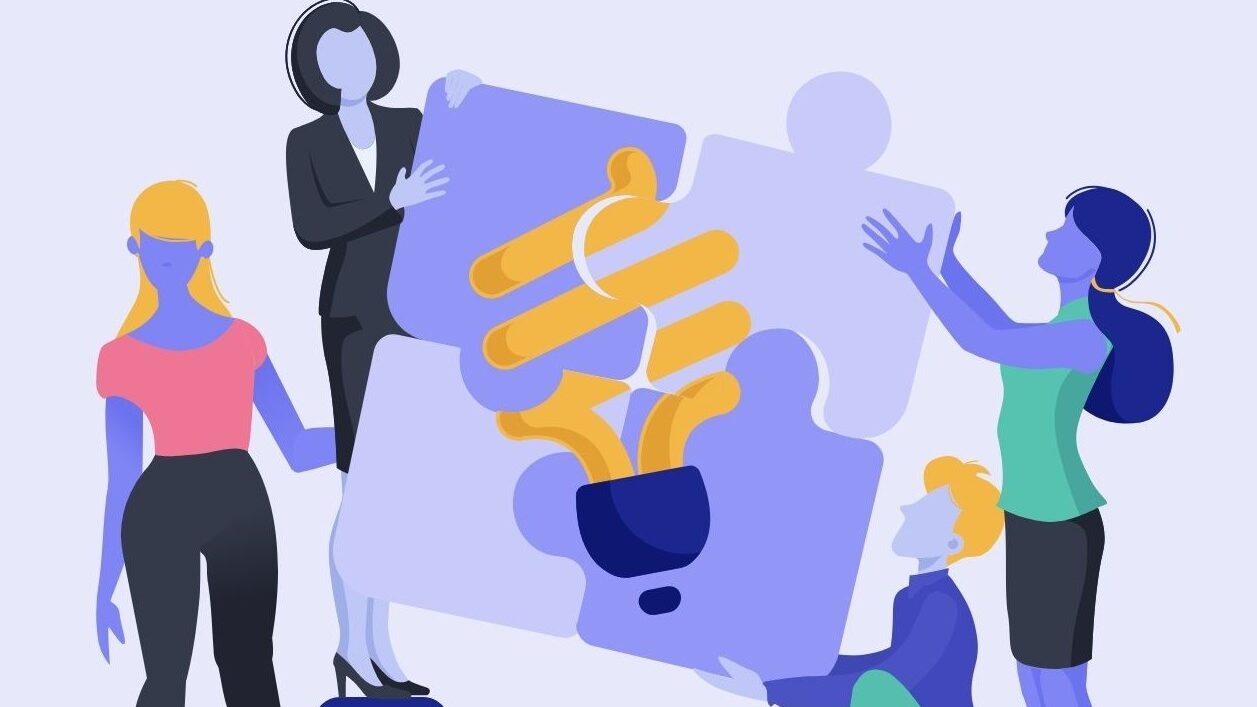Category: General
-

Accessibility in Teams: Best Practices for Running an Accessible Teams Session
In part one of this series we looked at some of the accessibility tools in Teams and how you can create content to improve accessibility for students. Making sure everyone has an equal opportunity to access, the content of your class session is a great place to start, but there are other things you can…
-

Accessibility in Teams: Creating and Sharing Accessible Content
Synchronous online sessions offer unique challenges and opportunities for accessibility. With some planning and preparation, you can help students with a diverse set of needs to thrive in your Teams class setting. By incorporating best practices to help students who have a variety of accessibility needs, we can also create an environment that is more…
-

Teaching in Teams: Key Features for Instruction and Collaboration
In the first post in this series we looked at what you needed to know to schedule and run a meeting in Teams. In this post we will look at some of the key meeting features that are often used when teaching online: breakout rooms, screen sharing, and chat. The IT department is currently working…
-

Teaching in Teams: Meeting Basics
This post is the first in a series designed to help transition successful teaching practices that you were doing in Zoom into the Teams meetings software. In this post we will look at the basic things everyone needs to know when using Teams including how to set up a meeting and invite students, what controls…
-

Recharging Assessment with Generative Artificial Intelligence
The 2022 surge in generative artificial intelligence (GenAI), marked by the launch of ChatGPT, continues to bring critical considerations to how educators assess learning. This blog proposes alternative assessment methods and offers ways that educators can make the most of GenAI.
-

Upcoming Zooms to Teams Training Sessions
CIEL is offering a training series through April and May for instructors who will be moving their online synchronous teaching from Zoom to Teams for Fall 2024. Due to the popularity of our Teams 101 session we have added an additional date for that webinar. If you don’t have any experience hosting meetings in Teams,…
-

Using Teams to Build Connection
The importance of building connection into teaching and learning is not unique to online learning environments, but it can be more challenging when you are not in the same physical space as your students. To build connection into an online learning environment, there are three types of interaction to consider. These interactions can be built into…
-

OLI! An Online Learning Institute
What is OLI? OLI is a 14 week institute that will guide you in designing a digital learning environment that is human centered, accessible, inclusive and mindful of your wellbeing and that of your students. Based on a proven history of successful online teaching and learning and the BC Post Secondary Digital Learning Strategy, we will help…
-

Increase Student Engagement and Persistence with Team-Based Course Design
Student engagement and persistence depend on many factors, but a bonding experience with other students in the classroom can make the difference between staying or leaving and between excelling or merely drifting. We therefore invite you to reserve your seat now in the August 2024 Course Re-Design Project, Increase Student Engagement and Persistence with Team-Based Course…
-

Course Prep Week 2024: Hands On Curriculum Support for Faculty
Join us for Course Prep Week 2024: Hands On Curriculum Support for Faculty, May 8-10. We hope that you will join us as we provide focused learning opportunities including course refresh, consultations with technology and pedagogy specialists, workshops on key aspects of course design and the opportunity to interact with your colleagues who are working…
-

Zoom to Teams Training for Instructors
Starting in the fall semester of 2024, all video conferencing and online meetings at VIU will move to Microsoft Teams. CIEL will be offering a range of options to help instructors with this transition in the spring preparation time…
-

Navigating Digital Technology in Teaching and Learning
With the rise of digital technology, such as GenAI, there is a growing need for heightened ethical considerations and the protection of student privacy. This blog offers recommendations and resources to support instructors in making informed decisions when integrating digital technology into their teaching. Whether teaching online, in-person, hybrid, or blended environments, it’s important to…